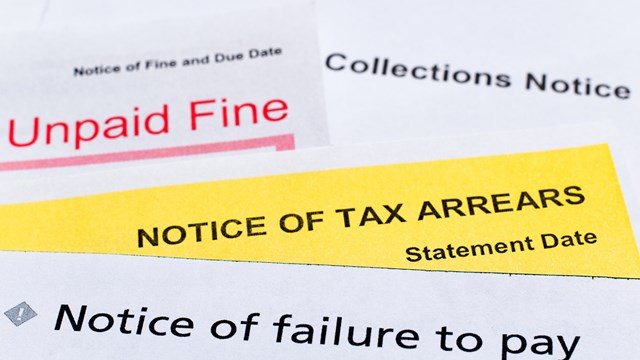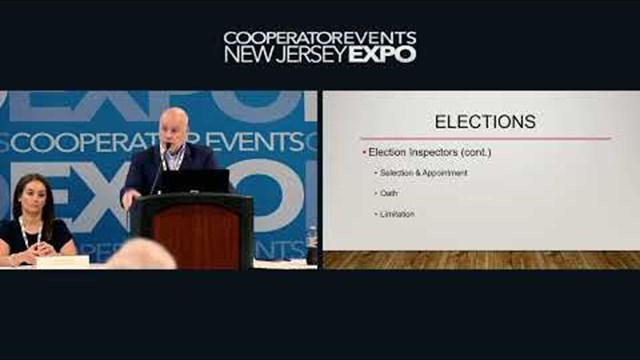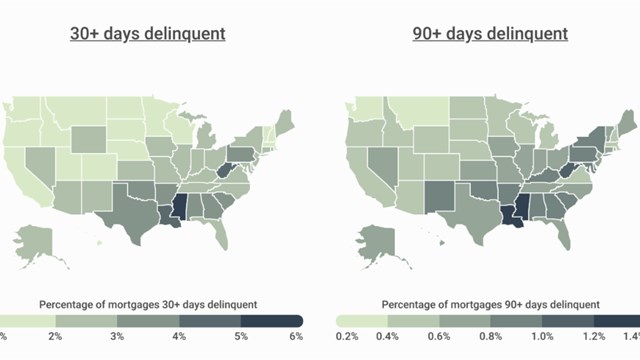
Q. We have an owner who is in arrears for 6 months of maintenance payments and has paying tenants in his condo unit. Just two months of rent would catch him up to his obligation, but he refuses to pay more than one month’s maintenance at a time, keeping his arrears at the six month mark. I understand that New York has Real Property Law Section 339-aa or 339-kk, which allows a board to collect rent from a delinquent owner’s renters until the amount in arrears has been satisfied. Does this same type of law exist in New Jersey? Thank you.
—Exasperated Shareholder
A. “There is no New Jersey law which automatically permits a condominium to collect rent from a delinquent owner’s renter,” says attorney Anne P. Ward of the law firm Ehrlich, Petriello, Gudin & Plaza, which has offices in New York and New Jersey. “Some bylaws provide that an association can automatically garnish rent if an owner is delinquent. However, such a provision is difficult to enforce practically speaking, without a court’s intervention. All New Jersey condominiums are authorized under the New Jersey Condominium Act 46:8B-1, et seq. (“the Act”) to enforce its rules and regulations and provisions of the governing documents. This obviously includes that provision which requires payment of monthly maintenance. An association may utilize all legal remedies available to it to enforce that obligation.
“Therefore, the association is entitled to file suit against and obtain a personal judgment against a delinquent owner for overdue monies. Once a judgment is entered, an association may request the issuance of a Writ of Execution to enforce the judgment. If the judgment was obtained in the Special Civil Part of the Superior Court, the association need only send correspondence to the Clerk of that Court requesting that a Writ of Execution be issued and served on a tenant. It is advisable to be as specific as possible and include in the correspondence the name of the tenant and, of course, the address and the unit for purposes of identification. (The Tenant must be personally served with the Writ in order for it to be effective). The tenant will be advised to turn over the rent to the serving court officer, who in turn, will turnover the rent to the association’s counsel, minus his commission. If the judgment was obtained in the Law Division of the Superior Court, an association must first request that a Writ of Execution be issued by the Court. Once the Writ of Execution is obtained, the association must forward the Writ of Execution to the Sheriff of the applicable county and request it be served on a tenant.
“It is not unusual that a tenant does not honor a rent levy for fear of being evicted by an owner for withholding rent. But a tenant cannot be evicted for this reason, and is protected by the law. I normally urge members of a board to communicate this fact to a tenant.
“In the event a tenant refuses to honor the rent levy, an association can apply to the Court for an Order of Contempt.”









Leave a Comment